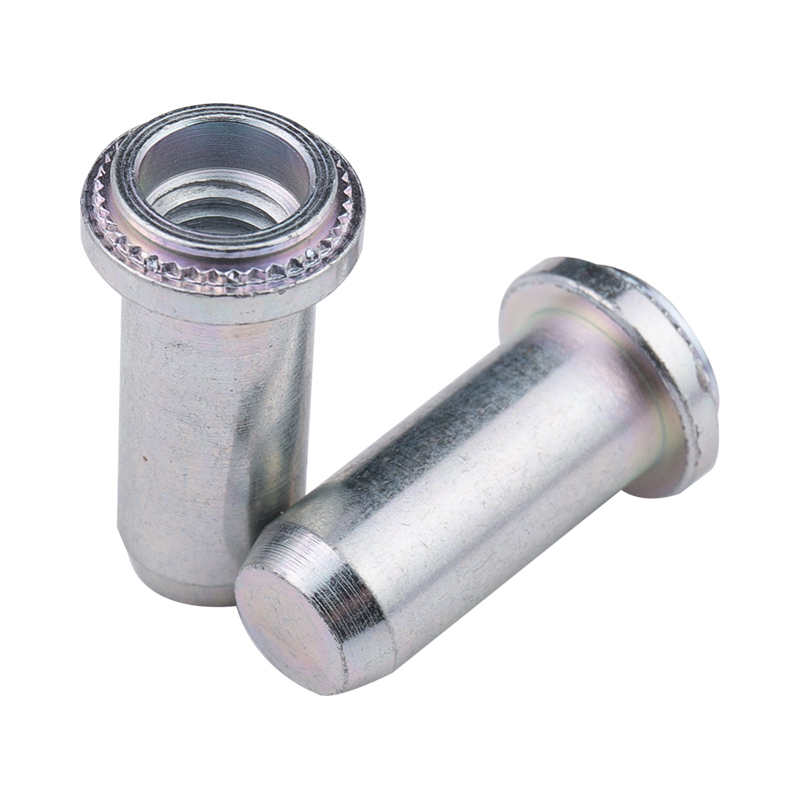-
CBB61 1.2uF/400V Black Film CapacitorsThe CBB61 1.2uF/400V capacitor features a black casing with black dielectric material, measuring 37mm × 24mm × 13mm. It includes mounting holes for se...
-
CBB61 1.5uF/400V CapacitorsThe CBB61 1.5uF/400V capacitor shares the 37mm × 24mm × 13mm black casing and black dielectric material with its 2.0uF counterpart. It also features m...
-
CBB61 2.0uF/400V CapacitorsThe CBB61 2.0uF/400V capacitor comes in a black casing with a black dielectric material, measuring 37mm × 24mm × 13mm. It includes mounting holes for ...
-
CL21 155/400V CapacitorsThe CL21 155/400V capacitor measures 22.5mm × 17.5mm × 10.3mm and is designed with a brown encapsulated casing, offering robust insulation and environ...
-
CL21 105/630V CapacitorsThe CL21 105/630V capacitor has dimensions of 22mm × 12.5mm × 7mm and features a brown encapsulated design, providing enhanced insulation and mechanic...
-
X2-104uf/305V CapacitorsThe X2-104uF/305V capacitor measures 18mm × 12mm × 11mm and features a yellow shell and yellow dielectric material, ensuring reliable insulation and l...
How automotive rivet nuts effectively reduce loosening caused by vibration and dynamic loads?
Industry News-Robust Connection: Automotive rivet nuts are typically installed on structural components of vehicles, especially in thin-walled or hard-to-reach areas. By securing threaded structures in these locations, they ensure a strong connection. Compared to traditional bolts, automotive rivet nuts are more effective in withstanding the forces caused by dynamic loads and vibrations, making them less prone to loosening.
Vibration-Resistant Design: The design of automotive rivet nuts considers the vibrations and impacts that a vehicle may encounter during operation. They incorporate vibration-damping techniques, such as damping washers or special thread designs. These designs effectively reduce the impact of vibrations on the fasteners, allowing automotive rivet nuts to maintain a stable and secure connection for extended periods.
Special Design to Prevent Loosening: Automotive rivet nuts often incorporate locking features, such as pre-installed locking washers or nuts made from elastic materials. These effectively prevent the nuts from loosening due to vibration. Additionally, some automotive rivet nut designs include self-locking features that further enhance the stability and security of the connection.
Ability to Adapt to Complex Environments: Automotive rivet nuts not only maintain connection stability under normal driving conditions but also can withstand the varying road surface conditions and environmental challenges that vehicles may encounter during operation, such as bumps, vibrations, and lateral forces.
Space and Weight Savings: Automotive rivet nuts are typically installed in thin-walled or hard-to-reach areas of vehicle structures. Compared to traditional bolted connections, they can save space and reduce the overall weight of the vehicle. This is crucial for improving fuel economy and vehicle performance.

Improved Production Efficiency: The installation of automotive rivet nuts is relatively simple and quick, requiring less complex equipment and techniques compared to welding. They also do not generate thermal deformation or thermal stress, thus significantly improving production efficiency and throughput on production lines.
Reliable Sealing Performance: Automotive rivet nuts can be designed to meet waterproofing and dustproofing requirements. Through special sealing designs or material selection, they provide more reliable waterproofing performance, effectively preventing water and dust from entering the connection area, extending the lifespan of the fasteners.
Adaptation to Complex Structures: Automotive rivet nuts are suitable for complex body structure designs and can provide secure connections on multi-layered structures or components with irregular shapes, ensuring the strength and stability of the overall structure.
Environmental Friendliness and Sustainability: The use of automotive rivet nuts often reduces the need for welding materials and bolts, thereby lowering material consumption and energy consumption, aligning with environmental requirements in modern automotive manufacturing.



 русский
русский Español
Español